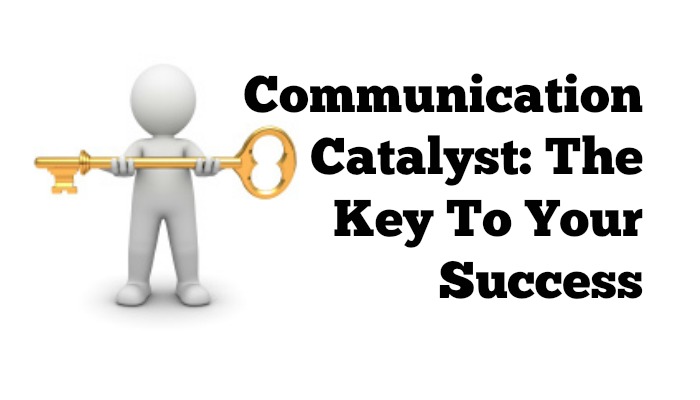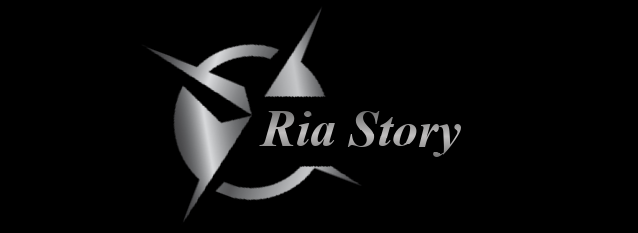
You know those people who are naturally socially gifted? Smooth talkers for whom conversation comes effortlessly and they always seem to know the right thing to say. Well, I’m not one of them. When I first escaped from home at 19, I had been isolated almost my entire life. I had been abused for many years, and I had never learned to really interact with people. Quite honestly, I was socially handicapped. I left home without any money, without a job or a car, I had never been to public school, and I didn’t have even a GED. I wasn’t afraid to work hard however, so when I found a job as a waitress, it seemed liked a good place to start.
Waiting tables was easy. Talking to the customers was not! However, it’s difficult to earn tips if you don’t speak to the customers, so I learned pretty quick I needed to talk. And, I did. It was a great learning experience and I learned gradually over the next seven or eight years to get better at communicating through my different jobs, classes, and opportunities. I went to school at night and worked two jobs, sometimes seven days a week. I slowly advanced in my career, somewhat limited by my lack of “people skills.”
It took me a long time to realize my words were only a small part of what I was communicating in any relationship or conversation. Years later, I discovered, the catalyst to my communication skills and the key to my success was learning to connect.
“The most important thing in communication is to hear what isn’t being said.” ~Peter Drucker
In February 2008, I started a new job at a hospital and was given the opportunity to attend leadership development courses. I wanted to take advantage of every opportunity to improve myself. I knew these courses would help.
I started intentionally learning and developing my leadership skills and realized I could learn the language of influence, communication and connection, to become more effective in every area of my life, personally and professionally.
The effect was transformational. In the past, I had been afraid to start a conversation with a stranger. Today, I’m a full time speaker and author. I talk to thousands of people, blog regularly, and I’ve written seven books. I’m about as social as you can get!
Think about some of the more impactful speakers you have seen or watched on TV. What made them memorable? What did they do or say to keep the attention of the audience? They didn’t just stand up and talk – they connected with the audience first. How they do that varies from speaker to speaker, but what they all have in common is that the greatest speakers intentionally connect with the audience first.
Les Brown is one of my mentors and his ability to connect with an audience is outstanding. One of the ways he connects with the audience is to ask a volunteer to come up on stage with him. Then, he asks their name. Let’s assume they reply “Jane.” Les immediately creates an effortless connection to the audience using Jane’s name.
Les says, “J stands for JUST DO IT, and Jane does exactly that. She makes things happen! A stands for ATTITUDE, and Jane has an incredibly positive attitude even in the face of adversity. She is always smiling and grateful! N stands for NEVER GIVE UP, and Jane never quits! She is determined, resilient, and strong! E stands for Everyone needs ENCOURAGEMENT, and Jane lifts up the spirits of everyone around her! She is a joy to be around and brings hope to others!”
Wow – he has just connected to everyone in the room by engaging their subconscious mind. Everyone in the room immediately starts to think of their own name and wondered what he would say about their “letters,” or they began making up something themselves. Either way, it’s a brilliant way to connect.
Les Brown’s method of connecting may not work for you and odds are the majority of your connecting happens one on one, not from a stage in front of thousands of people. And, that’s okay. It’s important to find your own ways to connect to others. How you do it is not important. Doing it is what matters.
This concept applies not only to public speakers – it’s equally important for the rest of us in our day to day interactions with others. The ability to connect first makes all the difference in how, or if, your message will be received.
Those who learn to connect and to do it well will be successful in life, at work, at home, and in relationships. Those who do not connect well will stumble around as I did when I first started waiting tables.
Even today, I’m not where I want to be in terms of my ability to connect. But, now that I’ve learned how important it is to connect, I work at it every day. Each and every interaction with someone is an opportunity to improve my skills by making sure they know I care about them as a person.
It requires some thought and certainly more energy to try and intentionally connect with someone. When you connect, your relationship will immediately improve with that person. Your communication skills will improve exponentially. And, your influence will increase.
My success, personally and professionally, is based on my ability to connect and communicate.
And, so is yours.
About the author: Like many, Ria faced adversity in life. Raised on an isolated farm in Alabama, she was sexually abused by her father from age 12 – 19. Desperate to escape, she left home at 19 without a job, a car, or even a high school diploma. Ria went on to thrive. She worked her way through school, an MBA, and a successful career in the corporate world of administrative healthcare. She is now a full time speaker and author of seven books, including Straight Talk: The Power of Effective Communication.
